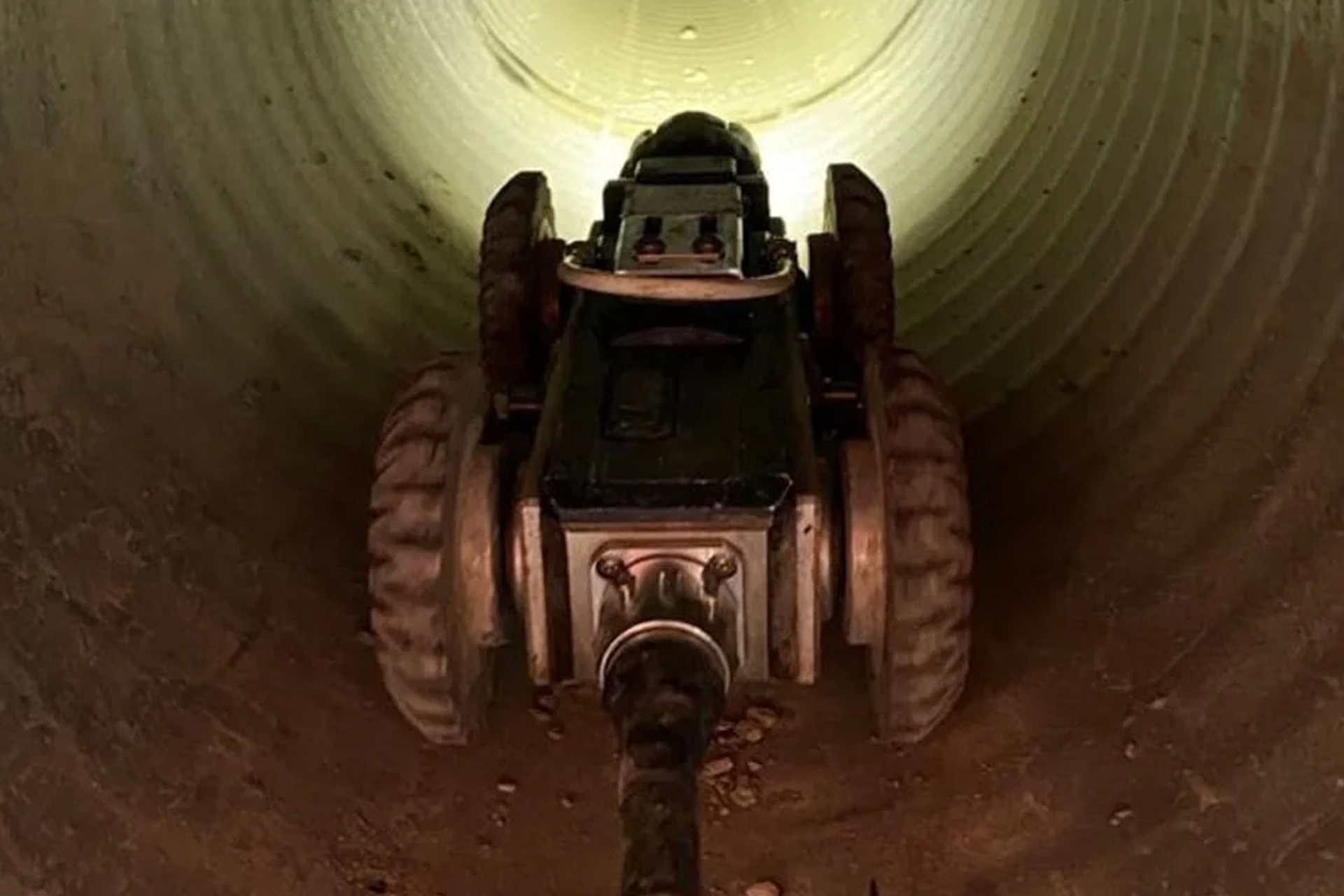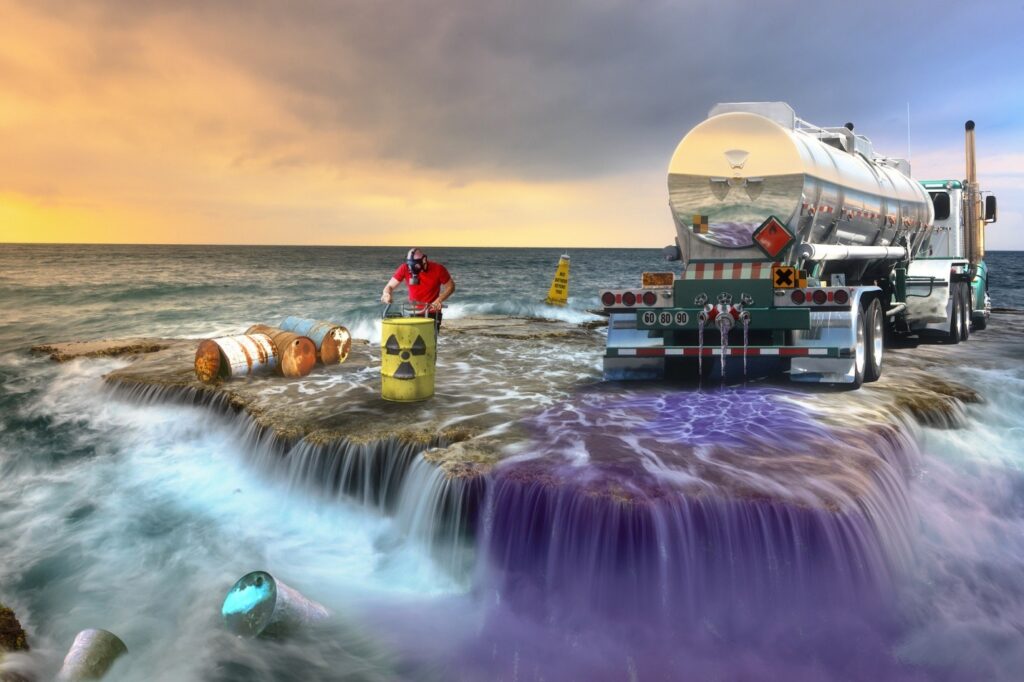Not known Facts About Reclaim Waste
Not known Facts About Reclaim Waste
Blog Article
Not known Details About Reclaim Waste
Table of ContentsSome Known Details About Reclaim Waste 5 Simple Techniques For Reclaim WasteThe Facts About Reclaim Waste RevealedSee This Report about Reclaim WasteAn Unbiased View of Reclaim Waste
Discover the types, occurrences, and types of liquid waste. Domestic sewage waste refers to the waste and products from a household septic container. This kind of waste is developed by humans in residences, schools, and various other structures. This only consists of septic systems that have a drain area. The appropriate monitoring and disposal of residential sewer waste need liquid waste to be transferred to a sewage therapy plant where the correct methods and devices are put on detoxify and get rid of waste.
Business waste typically consists of prospective hazards, such as combustible products or a blend of fluid and solid waste products, and needs an extra advanced and in-depth disposal process. The disposal of business waste commonly includes the filtration of waste prior to transportation to make sure safe and correct disposal. Industrial waste is produced from byproducts and runoff of commercial procedures and production.
This type of waste can not utilize the exact same sewage management transport or processes as septic or commercial liquids. The hazardous waste management procedure needs the assessment and screening of fluid waste before it undertakes the disposal process (industrial wastewater treatment). Overflow waste is the liquid waste that originates from overflow and excess stormwater in very populated areas or cities
Drainage waste can trigger contamination and flooding if not managed appropriately. Making sure proper waste management can prevent calamities and lower ecological damage.
Unknown Facts About Reclaim Waste
Call PROS Solutions today to learn about our waste monitoring and disposal solutions and the appropriate ways to care for the fluid waste you produce.
(https://www.edocr.com/v/pd6avrzq/leonaube33101/reclaim-waste)This supposed 'wastewater' is not just a crucial source however, after treatment, will certainly be launched to our land, rivers or the ocean. Used water from commodes, showers, bathrooms, kitchen sinks, washings and commercial processes is understood as wastewater.

water made use of to cool equipment or clean plant and tools). Stormwater, a form of wastewater, is drainage that flows from farming and urban locations such as roofing systems, parks, yards, roads, paths and seamless gutters into stormwater drains pipes, after rainfall. Stormwater flows unattended directly to neighborhood creeks or rivers, ultimately reaching the sea.
Reclaim Waste Things To Know Before You Buy
In Queensland, the majority of wastewater is dealt with at sewage therapy plants. Wastewater is moved from residential or commercial websites via a system of sewage systems and pump terminals, called sewerage reticulation, to a sewage treatment plant. Regional governments construct, maintain and run most sewer therapy Visit This Link plants. Operators are licensed under the Environmental Protection Act 1994 to discharge treated wastewater at an acceptable ecological standard right into rivers.
The Division of Natural Resources suggests neighborhood governments concerning managing, operating and maintaining sewerage systems and treatment plants. In unsewered areas, city governments might require owners to install individual or household sewage treatment systems to treat residential wastewater from commodes, cooking areas, bathrooms and washings. The Department of Natural Resources authorises the usage of house systems when they are verified to be efficient.
In some new class, therapy of some stormwater to get rid of clutter, sand and crushed rock has started making use of gross toxin catches. Wastewater therapy occurs in four phases: Removes strong matter.
Utilizes small living microorganisms understands as micro-organisms to damage down and remove staying liquified wastes and fine bits. Micro-organisms and wastes are incorporated in the sludge.
Reclaim Waste Things To Know Before You Buy
Nutrient removal is not readily available at all sewer therapy plants because it needs expensive specialist equipment. It is ending up being a lot more typical in Queensland. Clear liquid effluent created after therapy may still consist of disease-causing micro-organisms. If this effluent is released into rivers such as rivers or the sea, the micro-organisms will ultimately pass away out.

This usually means wastewater has actually to be dealt with or pollutants removed before it can be released to waterways. Many wastewater flows right into the sewage system. Under the Act, city governments provide approvals and permits for environmentally appropriate activities (Ages) entailing wastewater releases that could have a neighborhood impact. The division administers authorizations and licences to Periods entailing wastewater releases that could have a regional or statewide impact.
Some Known Facts About Reclaim Waste.
Tracking supplies valid information concerning water top quality and can validate that permit problems are being fulfilled. The information obtained through monitoring offers the basis for making water high quality decisions.
Report this page